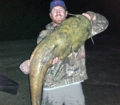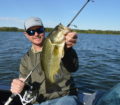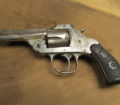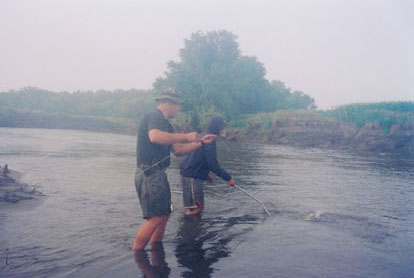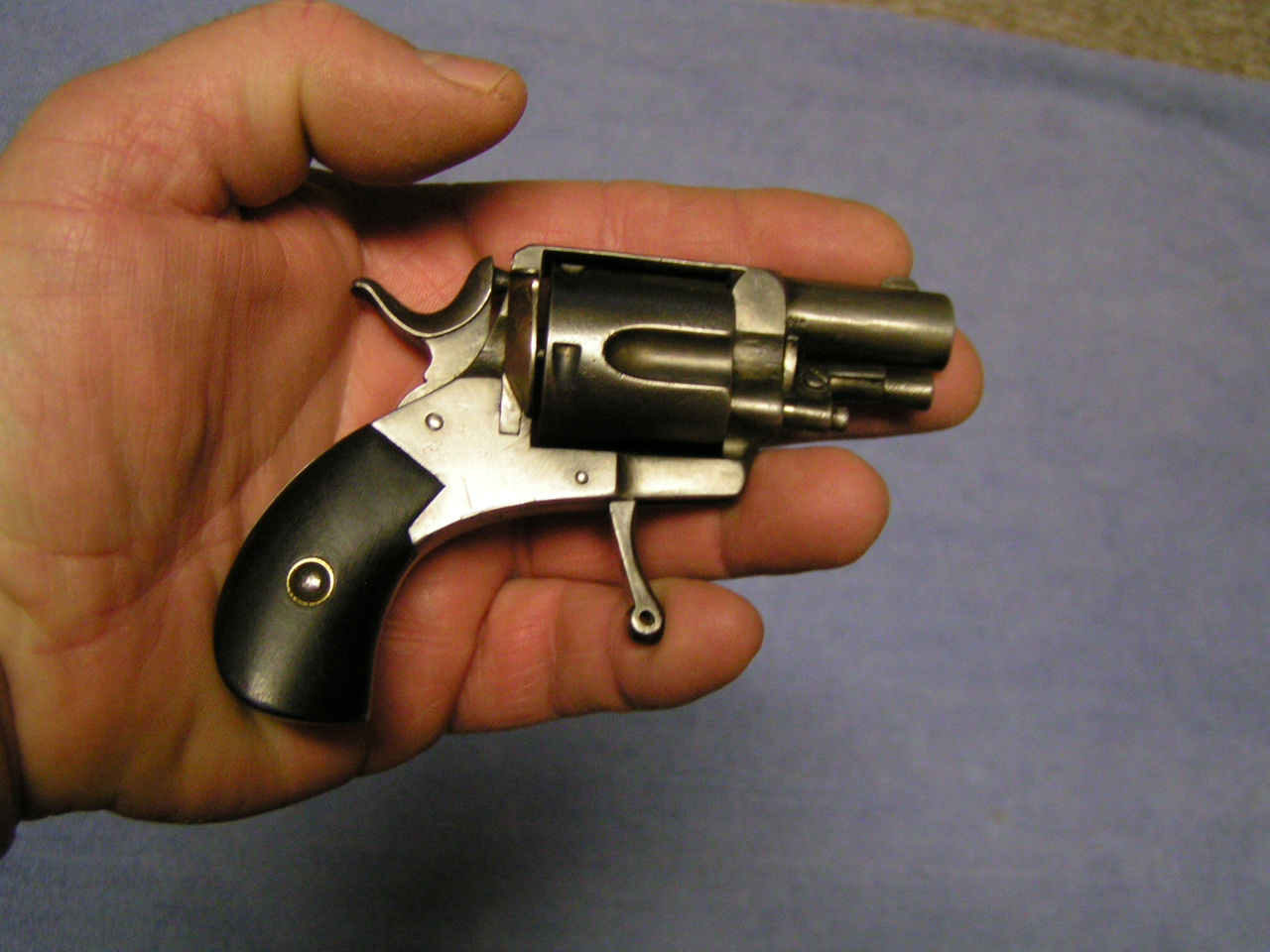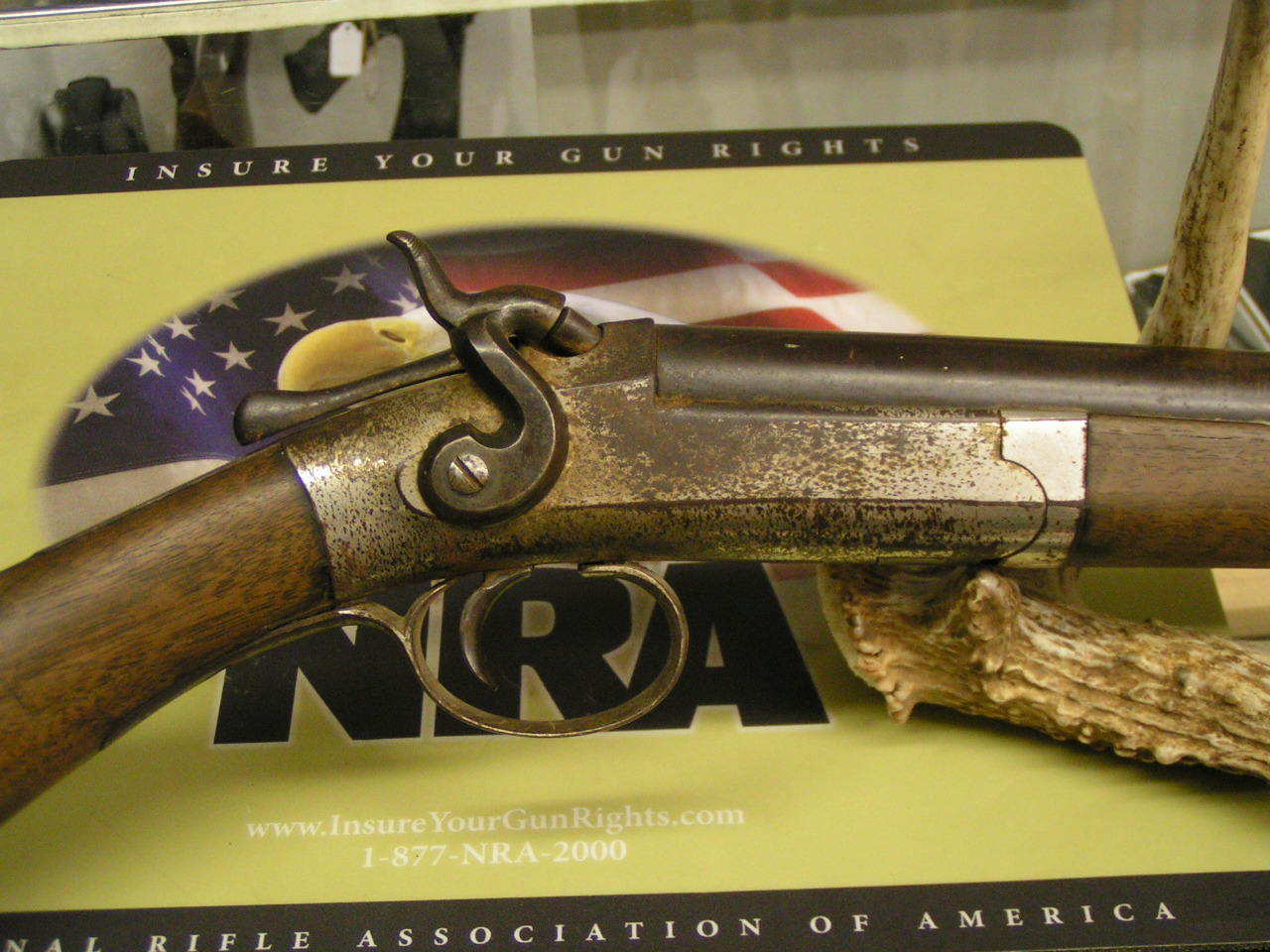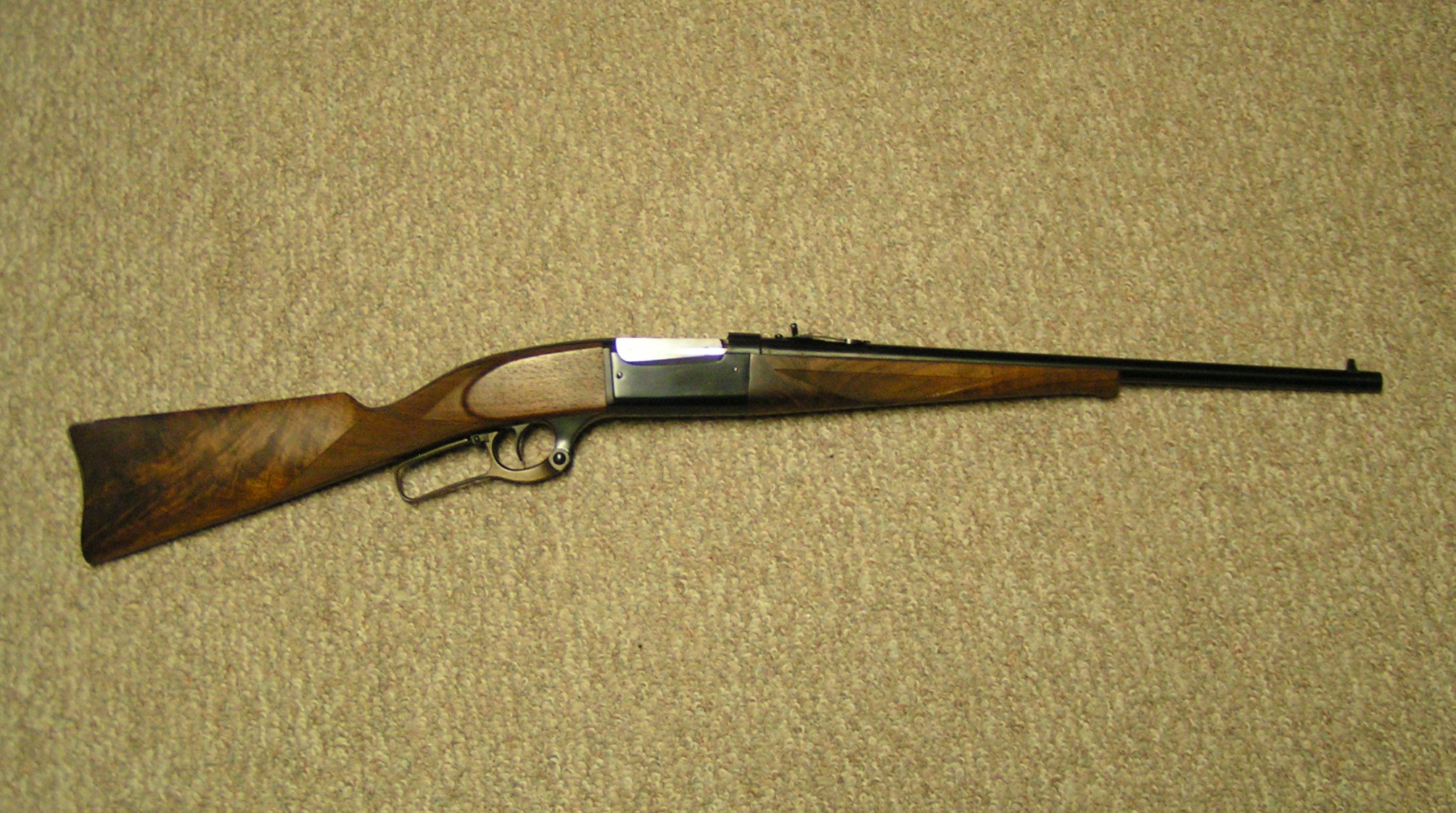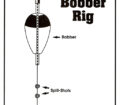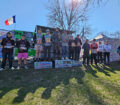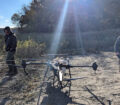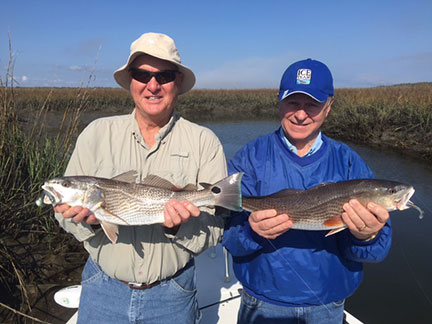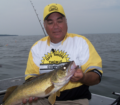By Ben R. Leal
Executive Director-Recycled Fish
As October draws to a close, many of Iowa’s anglers are putting their boats up for winter. While there are still opportunities to get the boat out one more time, considering how you store your boat for the season should be well thought out.
Winterizing your boat, just as with any cleaning procedure, should be performed at the dock or the launch, if possible, and certainly in your driveway, before you transport your boat to another location. This will help prevent the spread of aquatic nuisance species (ANS), a problem that is becoming more and more prevalent in regional waters outside our state.
Flush your outboard engine with fresh water using flush muffs (or a similar device) attached to the raw water pickup. Let the water thoroughly drain from the engine. Wash your engine with non-phosphate soap and rinse thoroughly. Disconnect your fuel hose (2-stroke engines) and run the engine until it stops.
Oil becomes acidic with the breakdown of engine metals; consider changing the oil before putting the boat away for the winter. This will help to lubricate parts prior to storage (fall, in our experience, is a good time to get small engine work done; you can usually get the work done quickly and can sometimes find good deals as well).
If you plan to use antifreeze to protect the block, use a non-toxic marine or RV variety such as propylene glycol. Use antifreeze that is rated at a lower temperature even if your winter temperatures are moderate. There is usually residual water in the block that will mix with and dilute the antifreeze.
Using a solution rated for lower temperatures will protect your block even if it is diluted. If you have oil spills in the bilge, use an oil absorbent bilge cushion or sock to mop up the oil before draining the bilge. Once any oil spills are absorbed, clean and drain the bilge with non-phosphate soap and water.
Wash the exterior with non-phosphate soap and water. When you wash your boat, remove any mud, dirt, plants, animals or fish. If your lake or river is infested with any ANS, take the time to search for, remove and destroy any hitchhikers you may find. Follow any specific procedures for treating ANS as recommended by http://stopaquatichitchhikers.org. This will prevent them from spreading to another watershed. Also take the time to clean and inspect your trailer.
If you use fogging oil, perform this task away from open water to prevent contamination. Spray the fogging oil in the cylinders to lubricate the cylinder walls and pistons. Apply water resistant grease to propeller shaft and threads. Change the gear oil in the lower unit.
Remember that what we do off the water helps prevent us from contaminating and transporting aquatic invasive species from one body of water to the next. Recycled Fish is dedicated to the education of anglers young and old alike, helping conserve the resources we enjoy today for future generations. We are more than anglers…We Are Stewards…Tight Lines All!

